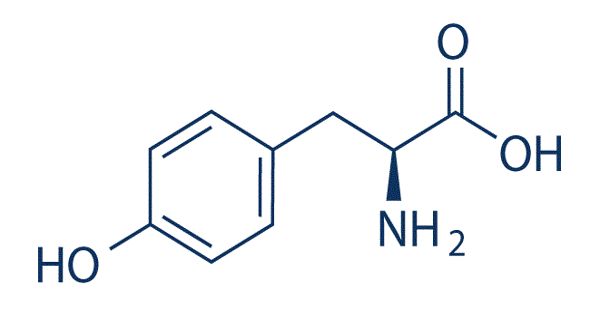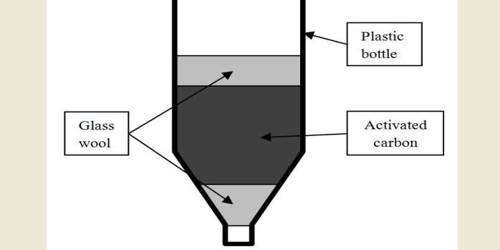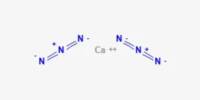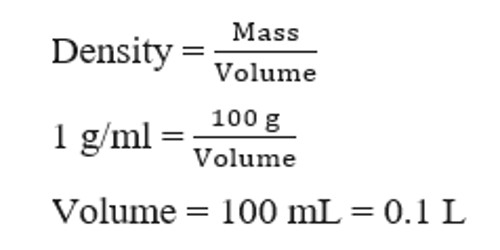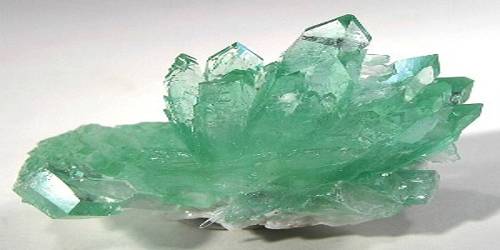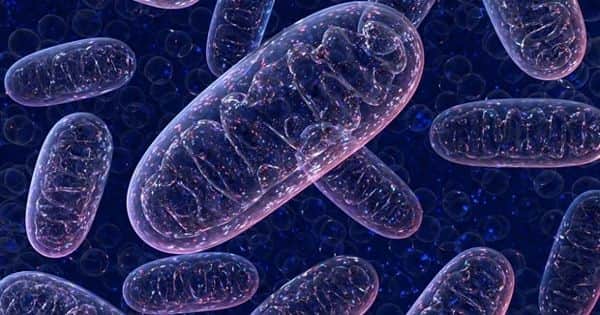Tyrosine (Tyr or Y) or 4-hydroxyphenylalanine is an amino acid. It is a popular dietary supplement used to improve alertness, attention, and focus. It is a non-essential amino acid. In animals, it is synthesized from [phenylalanine]. It is also the precursor of [epinephrine], thyroid hormones, and melanin.
Tyrosine is a nonessential amino acid and can be formed by the hydroxylation of phenylalanine in the liver when the intake of tyrosine in the diet is low.
Tyrosine is one of the 20 standard amino acids used by cells to make proteins. It produces important brain chemicals that help nerve cells communicate and may even regulate mood. People take tyrosine for depression, attention deficit disorder (ADD), attention deficit-hyperactivity disorder (ADHD), the inability to stay awake (narcolepsy), and improving alertness following sleep deprivation.
Tyrosine is one of the amino acids, which are the building blocks of protein. It is a non-essential amino acid, meaning the body can make it. Its codons are UAC and UAU. The body makes tyrosine from another amino acid called phenylalanine.
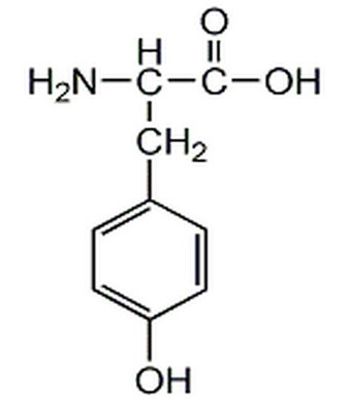
Tyrosine can be synthesized in the body from phenylalanine. It is also found in many high-protein food products such as chicken, turkey, fish, milk, yogurt, cottage cheese, cheese, peanuts, almonds, pumpkin seeds, sesame seeds, soy products, lima beans, avocados, bananas, and eggs. It is also present in non-dairy foods that are aged, including some types of meats and red wine.
Tyrosine helps make several important substances, including:
- Dopamine: It regulates your reward and pleasure centers. This important brain chemical is also important for memory and motor skills.
- Adrenaline and noradrenaline: These hormones are responsible for the fight-or-flight response to stressful situations.
- Thyroid hormones: Thyroid hormones are produced by the thyroid gland and primarily responsible for regulating metabolism.
- Melanin: This pigment gives your skin, hair, and eyes their color.
Tyrosine is most commonly used in protein supplements for an inherited disorder called phenylketonuria (PKU). It is called tyrosyl when referred to as a functional group or side chain. It is also used for alcoholism, cocaine dependence, and memory and thinking skills, but there is no good scientific evidence to support these uses.
Information Source:
